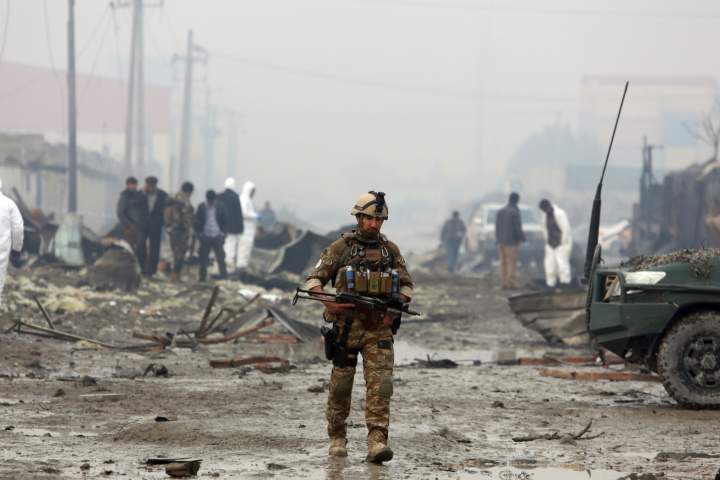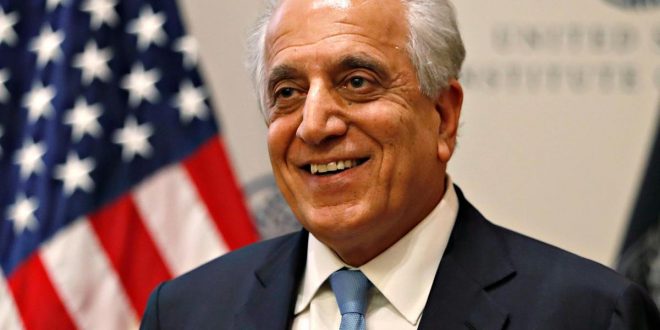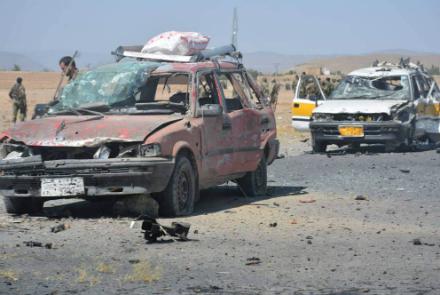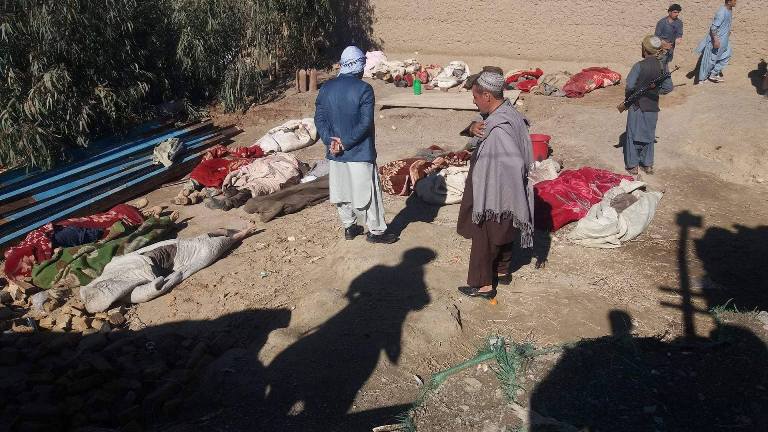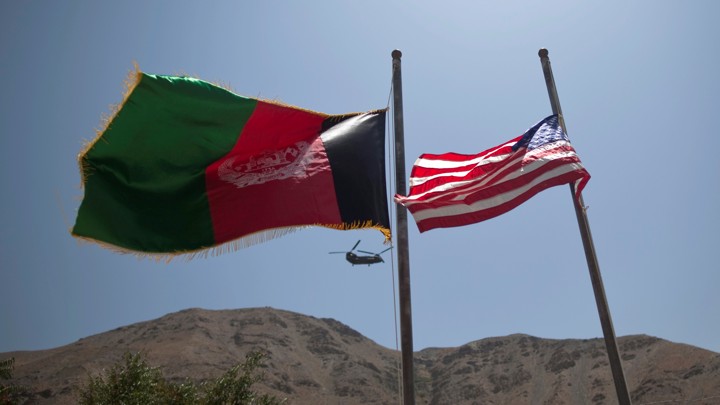Despite earlier claims this year by the Afghan Taliban that talks for a peace deal to end the protracted conflict were “on track,” the militant group abruptly canceled a scheduled meeting with U.S. officials in Qatar this week over an apparent “agenda disagreement.”
Publish dateThursday 10 January 2019 - 05:42
Story Code : 177576
AVA- The points of contention appear to me about much than just talking points, however. The Taliban doesn't want representatives of the existing Afghan government “puppets” to be there, and prefer to speak directly to U.S officials. But there's frustration as well with the U.S, which would free only 3,000 of the 25,000 Taliban prisoners the group wants released.
The U.S. has a different position. “Taliban should talk to fellow Afghans as much as they talk to the media,” the American ambassador to Kabul, John Bass, tweeted in response to the cancelation.
U.S policy and intelligence analysts were mostly “not surprised” by the abrupt rebuff by Taliban brass as part of their negotiation strategy.
“This is to be expected. The Taliban will try to drive a hard bargain, given the battlespace realities, and the fact that the Trump administration’s need for a deal this year. I suspect backchannel communications will lead to a resumption of the public level talks,” noted Kamran Bokhari, a specialist on the geopolitics of the Middle East with the University of Ottawa's Professional Development Institute. “Cancelation of meetings are a part and parcel of the bargaining process.”
Bokhari cautioned the talks, while heavily supported by both the State Department and Afghan leaders, may not “produce an outcome that is in the U.S. interest.” The two days of discussions, slated to start Wednesday, were constitute the fourth round of talks with the U.S Special Representative for Afghanistan Reconciliation, Zalmay Khalilzad. The last round was held in Abu Dhabi in mid-December, and also attended by officials from Saudi Arabia, Pakistan and the hosting United Arab Emirates.
Khalizad has embarked on a two-week diplomatic tour intended to further promote and develop the talks, and is slated to visit Afghanistan, China, Pakistan, and India.
A Taliban office was first established in Qatar’s capital Doha in 2013 at the request of the United States to facilitate the talks. But the office was shuttered after the group violated terms of the agreement by showcasing the same flag the group used during its rule in Afghanistan.
The Taliban calls U.S involvement in the country – now the longest-running war in U.S history – as an “illegitimate occupation” by foreign forces. And despite the hardline outfit’s continued disavowal of the Afghan government, and the refusal to have them join negotiations, some experts insist it's only in their best interest.
While much of the media narrative has centered around the notion the Taliban controls more of Afghanistan than the government amid a “stalemate” war, the areas under militant control are mostly rural, and not major transport hubs or major cities.
“The Taliban realizes this is in their best interest to talk. But talks with an adversary like this are a process, not an event. It could take a very long time and there will be highs and lows,” noted Luke Coffey, a policy expert with The Heritage Foundation. “In the end, it might not succeed. But the right thing to do is try.”
The U.S. has a different position. “Taliban should talk to fellow Afghans as much as they talk to the media,” the American ambassador to Kabul, John Bass, tweeted in response to the cancelation.
U.S policy and intelligence analysts were mostly “not surprised” by the abrupt rebuff by Taliban brass as part of their negotiation strategy.
“This is to be expected. The Taliban will try to drive a hard bargain, given the battlespace realities, and the fact that the Trump administration’s need for a deal this year. I suspect backchannel communications will lead to a resumption of the public level talks,” noted Kamran Bokhari, a specialist on the geopolitics of the Middle East with the University of Ottawa's Professional Development Institute. “Cancelation of meetings are a part and parcel of the bargaining process.”
Bokhari cautioned the talks, while heavily supported by both the State Department and Afghan leaders, may not “produce an outcome that is in the U.S. interest.” The two days of discussions, slated to start Wednesday, were constitute the fourth round of talks with the U.S Special Representative for Afghanistan Reconciliation, Zalmay Khalilzad. The last round was held in Abu Dhabi in mid-December, and also attended by officials from Saudi Arabia, Pakistan and the hosting United Arab Emirates.
Khalizad has embarked on a two-week diplomatic tour intended to further promote and develop the talks, and is slated to visit Afghanistan, China, Pakistan, and India.
A Taliban office was first established in Qatar’s capital Doha in 2013 at the request of the United States to facilitate the talks. But the office was shuttered after the group violated terms of the agreement by showcasing the same flag the group used during its rule in Afghanistan.
The Taliban calls U.S involvement in the country – now the longest-running war in U.S history – as an “illegitimate occupation” by foreign forces. And despite the hardline outfit’s continued disavowal of the Afghan government, and the refusal to have them join negotiations, some experts insist it's only in their best interest.
While much of the media narrative has centered around the notion the Taliban controls more of Afghanistan than the government amid a “stalemate” war, the areas under militant control are mostly rural, and not major transport hubs or major cities.
“The Taliban realizes this is in their best interest to talk. But talks with an adversary like this are a process, not an event. It could take a very long time and there will be highs and lows,” noted Luke Coffey, a policy expert with The Heritage Foundation. “In the end, it might not succeed. But the right thing to do is try.”
Source : خبرگزاری Afghn Voice Agency(AVA)
avapress.com/vdccmmqse2bqmp8.-ya2.html
Tags
Top hits
4
